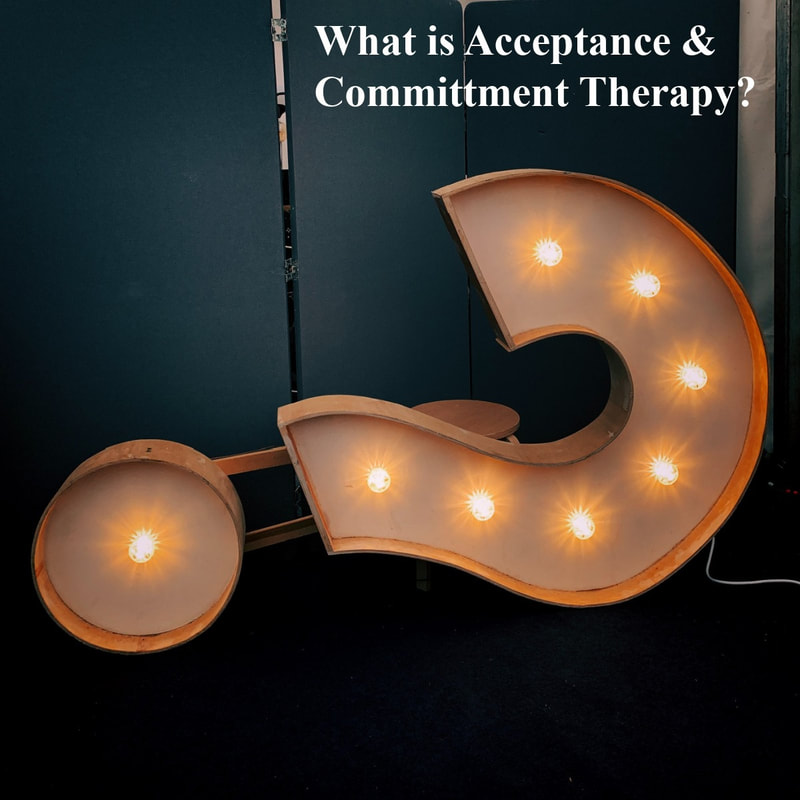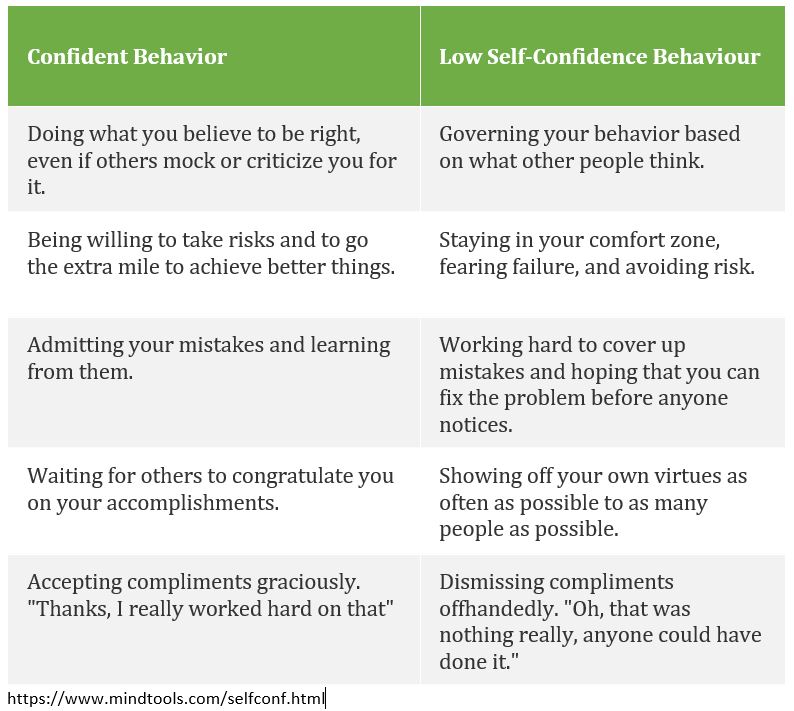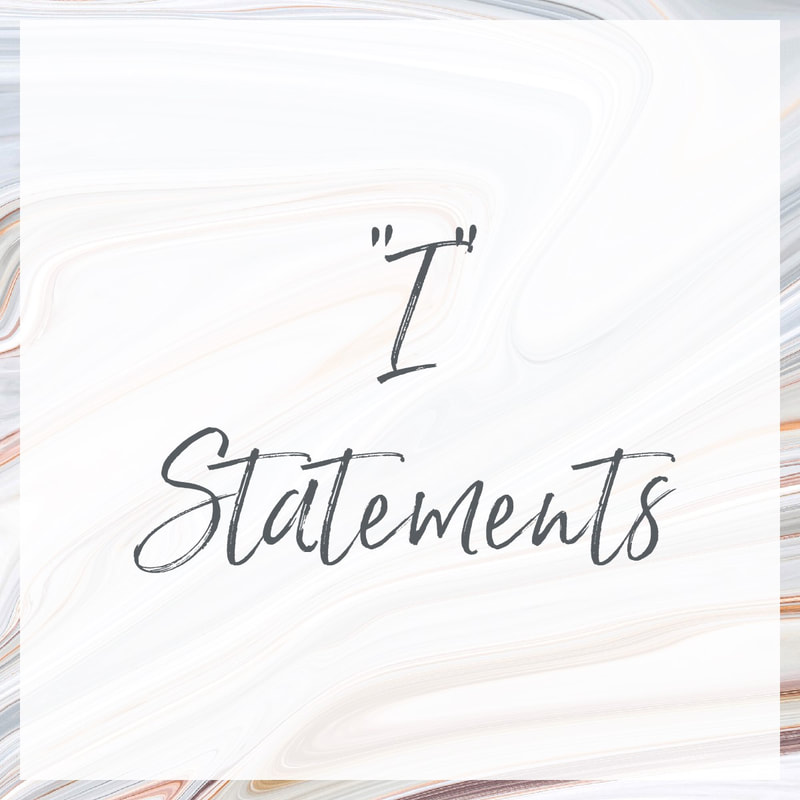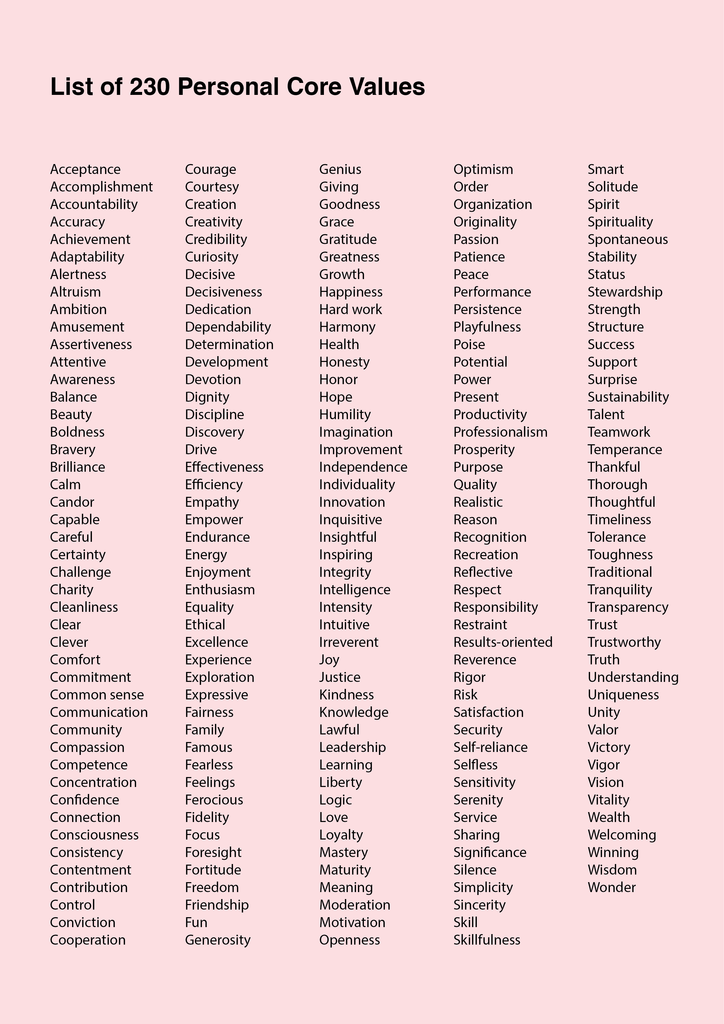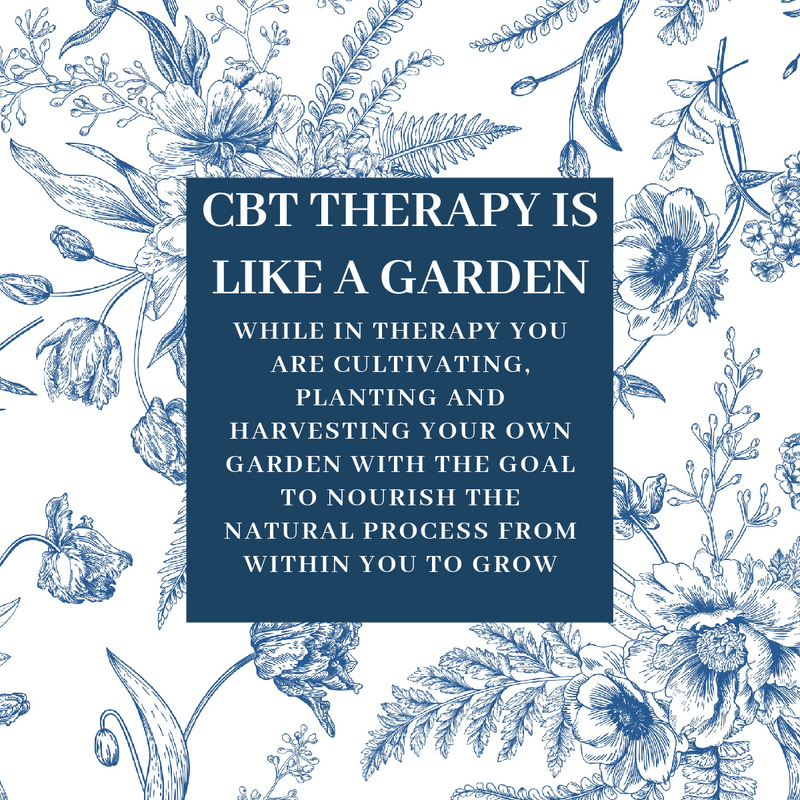|
Try these grief journal prompts to help get you started:
I remember when you and I…. This is what I have to say to you…. The first time I did _____ without you I…. My happiest memory of you is… The greatest lesson I have learned is… Learn more about the process of grief journaling here: https://mindfulnessandgrief.com/grief-journaling/ Do you know that there are various ways to grieve? There is no right or wrong way. You might recognize yourself in one of these types of grieving personalities, or you may not! Traditionally these two types of grieving were seen as "gender-specific", but this was an old-school of thought. As we know, many emotions can be felt and expressed the same by different genders. I hope this helps you feel normalized in your grieving either way
The Intuitive Griever: This family member is the one showing outward signs of their grief. They are openly emotional (may be crying and appear inconsolable) and that is how they process their grief. You can help by listening to them talk about their loved one. You can encourage them to tell stories and share meaningful memories about their loved one. This will help them begin to process their loss. Don’t label these family members as “over emotional” or “stuck”. They are using their emotions to process grief. The Instrumental Griever: This family member is the one who may be asking a lot of questions to other family members about the plans surrounding the funeral or upcoming holidays. They are going to want to know all the details and will likely be the one organizing everything. They are not going to want to engage with you in talking about their loved one, and you likely won’t see them show any emotion in public. They might be the spokesperson for the family an the “go to” person. Don’t label these family members as “in denial” or “cold.” They are using their actions to process grief. Acceptance and commitment therapy, (or ACT), is a mindful approach to accepting the difficulties in life to improve your overall quality of living. It's a form of psychotherapy similar to CBT (cognitive-behavioural therapy) that helps you to focus on the present and move forward from overwhelming and difficult emotions.n The goal is to reduce the impact of negative emotions and reshape your thinking to help treat depression, anxiety, and other mental health concerns.
*** Confidence means believing in yourself, feeling comfortable with who you are, and recognizing that you have worth.
When you feel confident, the way you present yourself to the world changes. People believe in you. You are more likely to be successful in work, sports, or other activities. What’s more, the way you present yourself can have a profound impact on the new opportunities that come your way. Source: https://www.mindtools.com/selfconf.html Recognize yourself or someone you know in that photo?
*** The easiest thing to do when you feel angry is to let it all out (usually on someone who doesn’t deserve it, right?) The hardest thing is to stop yourself from exploding and think about WHY you are “really” angry. Figuring out what triggered you is going to be the key to your freedom from future outbursts. In my experience, anger is never about anger. I have clients who come to me for help with anger management and it surprises them to learn that the reason for their anger is rooted in something much deeper. Have you ever had the chance to explore your anger? It might be worth a try! “I” statements are a type of communication skill that can be helpful to learn from childhood through adulthood. If learned and used properly, it will reduce overall conflict in all personal and professional relationships.
*** There are 3 parts of an “I” statement: *** I feel (emotion) + when (event) + because (thought about event) *** For example, "I felt sad yesterday when I told you I was sorry and you did not accept my apology, because I explained that it was an accident." *** The importance of “I” statements: *** 1) When parents use these statements with children, they will feel less blamed and will be more likely to engage in conversation with their parents if they do not feel accused and embarrassed. *** 2) When partners use these statements within a relationship, there is less defensiveness within conflict and more emotional connection *** 3) When employers use these statements with their employees, the employee will not feel like a failure in their role and will understand how they can improve their performance in a non-threatening environment. It is very likely that your teen may not see the need to attend therapy as much as you do, so it will help to have some tools in your pocket to help open up the conversation.
*** • Try suggesting a video or phone session that your teen can attend from the comfort (and privacy) of their bedroom at home. This can help reduce the anxiety that comes with going to a new space and meeting a new person all at once. *** • Consider offering a (reasonable) incentive if they agree to attend just one session. For example, maybe some one-on-one time with a parent of their choice going out for dinner at their favourite restaurant. *** • If you are concerned about suicidal thoughts or risky behaviors, such as substance use, it is OK to make therapy a requirement to keep them safe, explaining to them what the alternatives will be otherwise (hospital or residential treatment). *** A counsellor/therapist can work with you to manage, reduce, or even eliminate symptoms of your mental health. Whether in-person; through a video session; or a phone call, there are options to suit your comfort level and to accommodate your schedule.
*** Why might you seek out a counsellor/therapist? *** • To listen – that’s it, just listen! • To help you explore feelings around current life changes and future planning • To help you analyze present issues with an unbiased point of view • To learn ways to change maladaptive behaviours and thinking patterns • To learn how to effectively resolve personal or professional conflicts • To learn how to improve current relationships and build new ones • To learn self-help skills such as deep breathing, meditation, and mindfulness • To receive non-directive advice and suggestions One of the most effective ways to determine why your life might be in a "funk" is to analyze the various areas of your life (work, family, hobbies, etc.) and determine if these areas all support your personal values. Maybe they "used" to support your values when you were younger, but now your values have shifted as you have aged or gone through specific experiences (good and bad). You will find that once you determine your current personal values, it will become clear to you where the disconnect is in your life and you can help yourself to get "unstuck" by committing to living by these current values as opposed to your old ones that no longer serve you! https://thehappinessplanner.com/pages/list-of-core-values
CBT Therapy (Cognitive Behavioural Therapy) is a type of therapy that identifies how thoughts, behaviours and feelings all wrap around each other in order to improve or harm your current life circumstance.
*** We work to develop a treatment plan based on your specific goals and then test your progress through exercises in the "real world." *** The skills you learn are transferable to any future life circumstance and you will become your own guide through this process if you want to put in the work to learn. *** People of all ages can learn CBT skills, even children! In fact, if children can learn these skills at a young age, it will help them through their hardest years ahead! *** |
IT'S TIME TO START FEELING BETTER!
|
www.counsellingbrucecounty.com
|
616 MARKET ST (INSIDE TD BANK PARKING LOT AT 723 GODERICH ST) IN PORT ELGIN
|
